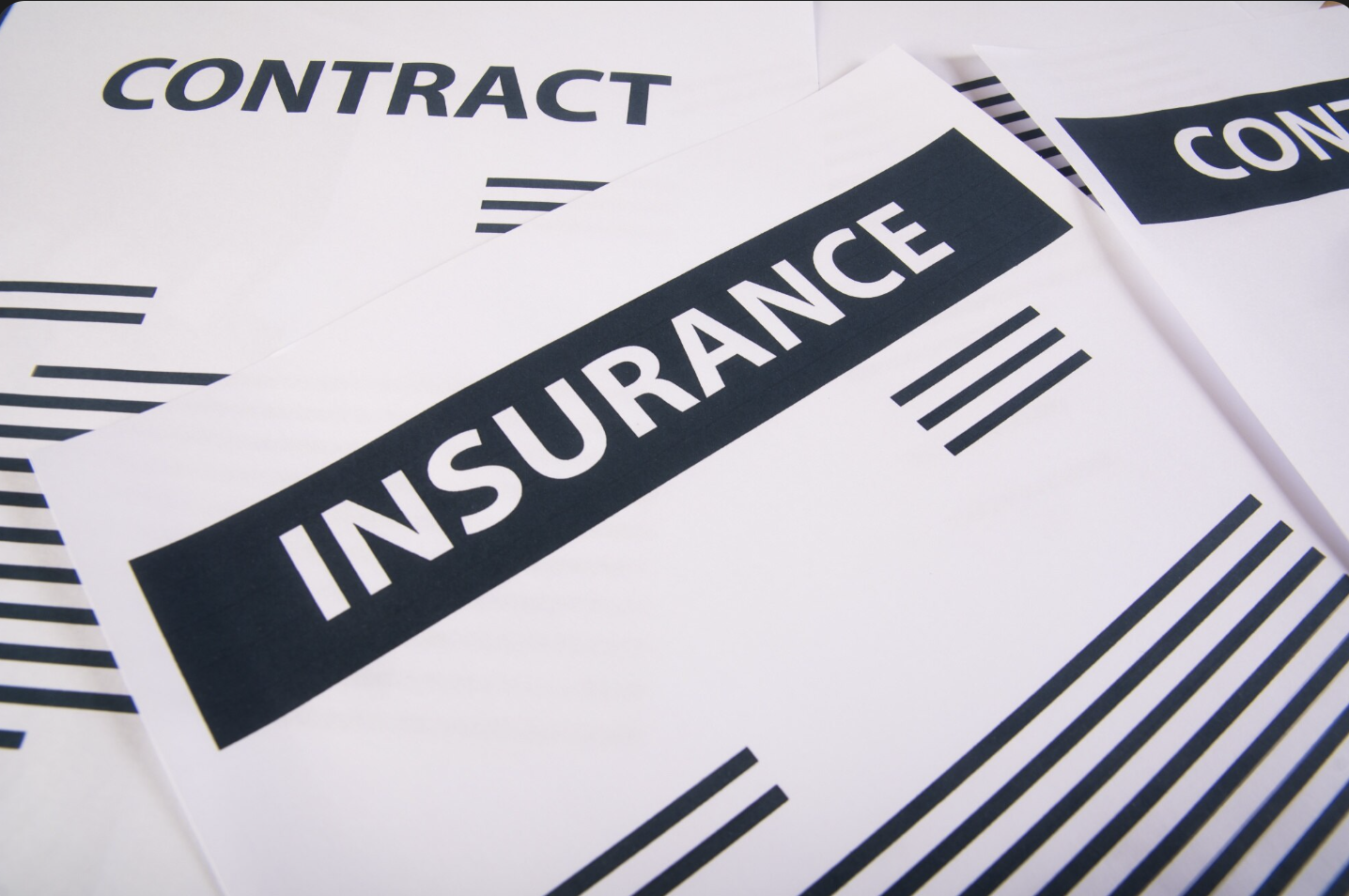For any car owner, the accident itself should be the hardest part to deal with - not the headaches trying to navigate the insurance claims process. Getting into an accident is already stressful enough.
However, when the insurance company is pressuring you to use one of their 'preferred' and-generic-auto-parts shops - a practice that may put your safety at risk again - that's unacceptable. This guide provides clear, practical information to help you navigate your insurance claims and ensure your vehicle ends up in the right hands.
Often, delays and paperwork, especially when you can't read through the fine print, create anxiety.
Moreover, pressure to use "approved" or "preferred" shops can be daunting.
Some common fears include: “will my claim be denied?” “Will the repair be covered if I don't follow their suggestion?”

The Right to Choose Your Repair Shop
As a car owner, let no insurance company pressure you into choosing from their recommended repair shop network. According to the law, you have the right to choose your own repair shop.
Insurance companies can only recommend, but not force you.
More often than not, insurance companies push them to cut costs at the expense of standard repair services.
According to the law, you have the right to choose your own repair shop. According to Troy A., the rise in repair part prices led to insurance companies squeezing body shops, resulting in substandard repairs.
The potential downsides to insurance companies' preferred shops include cheaper parts, a lack of specialized expertise, and possible safety risks down the road.
1. You value convenience and efficiency
Preferred shops often offer streamlined repair services due to the established ties. This makes the overall repair process fast.
2. Warranty: Many Direct Repair Programs (DRP) offer a warranty on their repairs, which can provide peace of mind.
3. Minor, nonstructural repairs: for minor and nonstructural repairs that do not require part replacement and/or have high safety concerns, you can opt for preferred shops.
1. Potential for low-quality or hurried repairs
If your car needs major repairs and maximum attention to get back on the road, you're better off saying no to preferred shops, as you know how fast they can be.
2. Loss of Autonomy and Control
When you entrust your vehicle to an insurer's preferred repair shop, you may have less or no control over the repair process. Why? Because the insurer dictates your vehicle’s fate.
3. Safety Concerns
If repair involves structural damage or significant components, you should consider rejecting the insurer's preferred repair shop because it may result in the use of non-OEM parts that compromise your car's safety and integrity.
Step 1. Report the accident as soon as possible
Step 2. Document everything (photographs, notes, police report)
Step 3. Review Your Insurance Policy. Focus on the fine print.
Step 4. Politely but confidently state your repair shop preference.
Step 5. Keep documenting the process whenever necessary.
Note: Your choice of repair shop matters. Quality repair equals safety and preserves the worth of your car.
You have the right to say both yes and no to insurance company pressure to accept their "preferred" shops.
Furthermore, car owners can make informed decisions about what to agree to and what not to agree to based on the nature of the vehicle damage.
P.S. If you're filing a claim, let Regal Repair guide you through it.